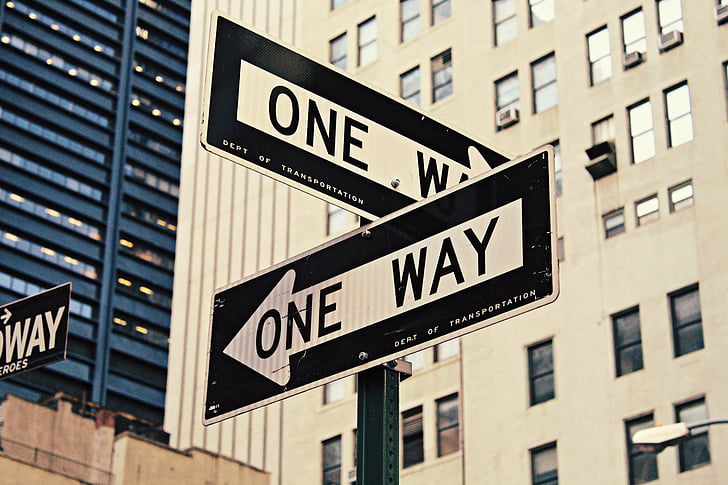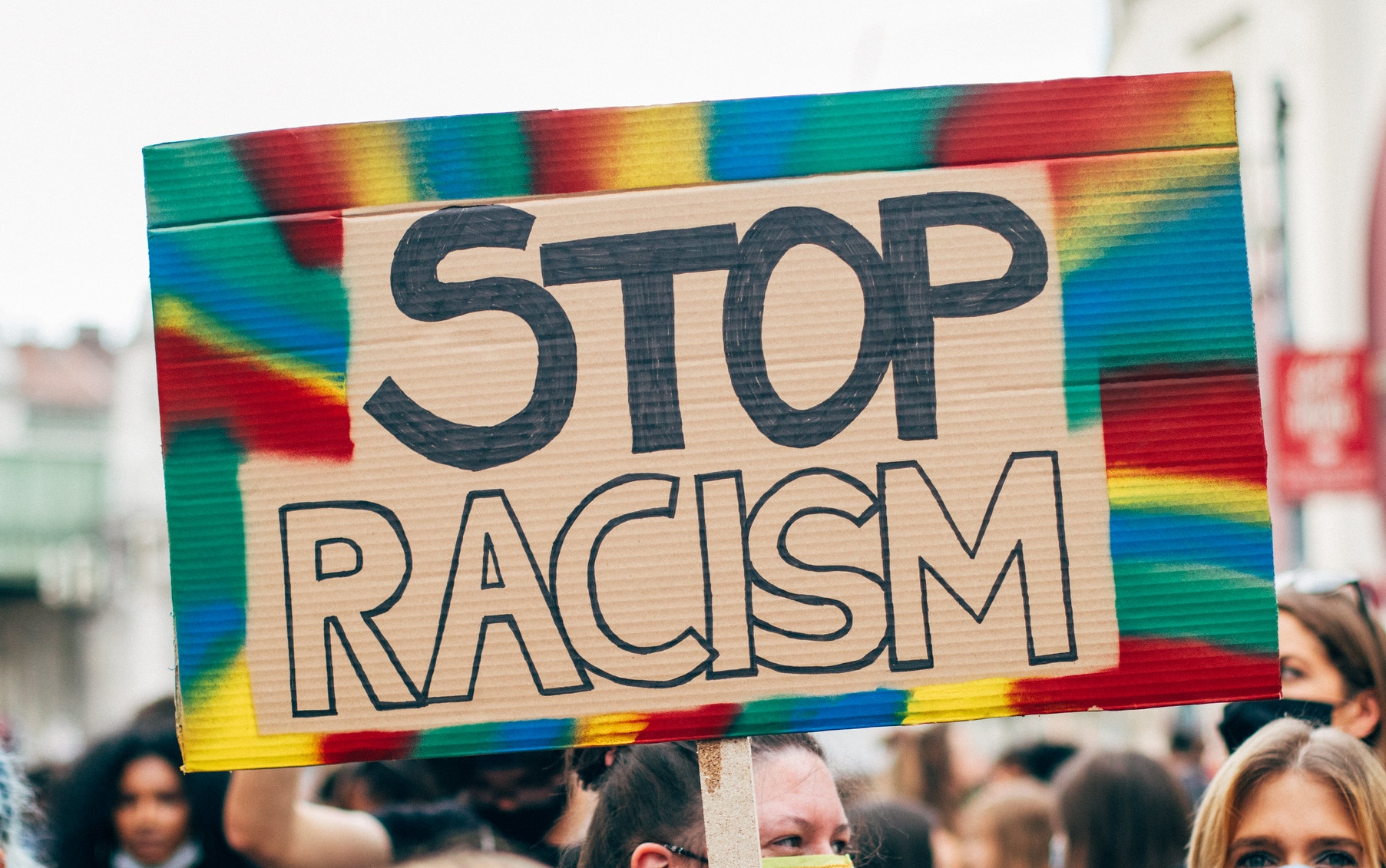What is the Basis for Human Rights?
In 1948, the fledgling United Nations passed the “Universal Declaration of Human Rights,” a response to Nazi atrocities that was founded on “faith in fundamental human rights, in the dignity and worth of the human person.”1 This document calls on governments to guarantee everyone under their jurisdiction such rights as freedom of thought, education, and basic necessities.
As humans, we have an innate need for respect and are angered when that is denied to us or others. We have the distinct sense that there is a right and wrong way to treat someone. Human trafficking makes our blood boil. We are hurt and frustrated when someone treats us disrespectfully. Indeed, it is often said that human life is “sacred,” suggesting spiritual significance that animals and objects lack.
What is ‘Human Dignity’?
The very notion of human dignity assumes that we are fundamentally different from a fish or a fly, that we are endowed with unique value. This is exactly how the Bible depicts humans in its very first chapter, where God creates the universe and fashions people “in his own image” (Genesis 1:27). Because God is not a physical being, this verse means we “look like” God in non-physical ways, such as how a child’s speech resembles the mannerisms of her father. Practically speaking, this means that we can think logically, engage in creative pursuits, and connect socially more than any other created being. We are homo sapiens—the rational creature—unlike all other created beings, which cannot participate in our rationality. Likewise, God made all the plants and animals, but it is only to the first human that he personally gave “the breath of life” (Genesis 2:7).
Humans are formed in a unique way, with unique purpose and unique worth. In short, humans are presented as the pinnacle of God’s creative work. Why is that? Unlike any other creature, people were made to relate to God personally and be his representatives on earth. As God’s image or likeness, we were designed to be stewards of his creation, living in harmony with God, the world, and each other. However, we generally tend to dismiss God, producing alienation within the very relationships entrusted to our care.
Human Dignity Helps Us Understand Morality
Since then, humans have accepted the mistreatment of others as normal. Our identity as those who were made in God’s image explains why murder is among the most heinous crimes humanity in general and most cultures reject. The Bible not only prohibits murder, but also explains why—because God has made people in his image (Genesis 9:6). To kill is to do away with someone who was made to reflect God’s loving character on earth. In this sense, murder is a crime against both humanity and God because it subverts the way he made the world.
The dignity of human life is so basic, but we also sense that human rights extend beyond mere survival. We require certain conditions, such as freedom from fear of persecution, in order to thrive. Violations of human rights distort what people were made for as God’s image, even if these violations are not directly lethal. For example, rape denigrates God’s design for sexual intimacy. Torture and humiliation demean a fundamental right to the dignity of being created in the image of God.
We know instinctively that people should be treated a certain way. The “Universal Declaration of Human Rights” does not contain new ideas per se. Rather, it articulates what is meant by human rights and provides a precedent for condemning injustice. This is positive, but the Bible goes a step further and explains why people deserve dignity. Indeed, accepting the premise that all people are made in the image of God is the greatest possible deterrent to the abuse of human rights.
Some people wonder if belief in God can change the world in a meaningful way. It certainly does! By accepting the biblical view of the creation of men and women in God’s image, we can insist that all people should be treated with an innate dignity. In fact, it was this view that has produced some of the greatest human rights movements the world has ever seen, including that of the abolition of slavery, the creation of hospitals among the poor, and the Civil Rights movement. The image of God in all people is a potent force for the dignity of all people.
Image credit: Ad Meskins

 Ad Meskins
Ad Meskins

 Credit: Freepik
Credit: Freepik Public Domain
Public Domain